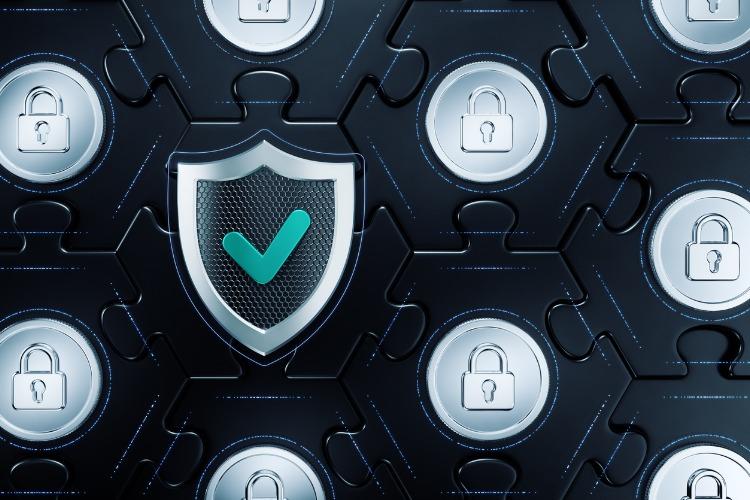Protecting Privacy in the Digital Age: Strategies for Businesses and Individuals
In the digital age, the vast majority of our activities are online. Keeping these activities anonymous, however, is a difficult task. To ensure your data remains private, you must step out of your usual browsing habits and take extra steps.
To understand some of those steps, below are six privacy tips for individuals and companies.
3 Privacy Tips for Individuals
Individuals are at risk for potential data exposure from any site they regularly use. Besides undergoing data breaches, social media like Facebook and various online platforms often gather and sell your information to advertisers and data brokers. While you can take steps to remove information already on the Internet, like the ones outlined by the Onerep company, it’s also important to make sure you leave as little data as possible in the first place. Follow these privacy tips:
1. Don't overshare on social media
Social media websites aren't always good at informing you of your privacy options. Many of these sites make your social profile public, burying your ability to set it to private.
Even if you make your profile private so that strangers can’t see what you post, social media sites themselves track your behavior and activities and sell your information to advertisers. With this in mind, limit what you put and do on these platforms. It's the only way to guarantee you'll stay safe and won’t expose any sensitive data.
2. Be careful with what sites you use
Not all websites are secure. One easy way to tell a site's security is to look for the"s" at the end of the HTTP in the URL. HTTPS sites use SSL certificates, which secure communications between you and the platform. Without them, your transfer data is unencrypted and susceptible to cyberattacks.
3. Set up two-factor authentication
Two-factor authentication is an important security measure for privacy. It means that someone accessing your account needs a special code in addition to your password. Passwords can be stolen, making them insecure when used alone. Connecting your account to an authentication app or a phone number helps to build an extra wall of protection, which leads to better privacy.
3 Privacy Tips for Businesses
Even though protecting businesses is a different kind of endeavor, the mentality and tips applied to personal online privacy also apply to companies. Your goal is to limit and control the flow of information as much as possible in either case. Below, you’ll get three simple tips you can apply to the privacy of company data.
1. Train your employees
Cybersecurity should concern all employees, regardless of their position. Training everyone, from entry-level employees to executives, on cybersecurity best practices is vital. Establishing an understanding across all levels of your organization helps employees avoid the most common security mistakes.
2. Establish standard practices
Beyond a general understanding, employees should also have direction should a cybersecurity incident occur. These directions provide information on how to prevent and limit cybersecurity exposures, as well as how to act if a breach happens.
These standard practices should also include details on who has access to data. Typically, providing unlimited access to all company members is dangerous and unnecessary. By limiting access to those who need it, you can eliminate many of your company's privacy concerns.
3. Limit your collection
The company version of oversharing is overcollection. The more data you have, the higher risk you put your business at. So, ask yourself whether it's necessary to collect all of the data you have.
PII, or personally identifiable information, must be protected by the company that holds it. If this data is exposed, the business holding the data must often compensate the holders. But, if this data is limited to first name and email, the exposure(and resulting loss) is smaller.
Final Thoughts on Privacy
It's never good to assume you are immune to data exposures. By understanding that you may be exposed even through no fault of yours, you naturally take action to prevent that. Using the tips in this article, you’ll stay secure online, regardless of whether you own a company or are an individual.

